4. Dealing with doctors
We all knew we were going to have to work in close collaboration with physicians, but nobody warned us about how it should be done.
While communicating with doctors on your day shift can seem smooth, reaching out to your patient’s doctor in the middle of the night can be a different story. With the lack of sleep, exhaustion, and hunger, they can be the most grouchy people you’ll meet.

“I remember calling up the doctor at around 2 in the morning to relay that my patient’s oxygen saturation level was decreasing. I couldn’t exactly remember what I said wrong, but I can recall him shouting furiously at me. It was the first time I got screamed at, and I ended up crying the rest of my shift,” an ICU nurse said.
5. Handling death
Can you recall the first time you saw your patient die?
As nurses, we’re expected to provide care to our patients from womb to tomb. Although death is expected at certain points, lectures and textbooks can’t just prepare you enough for it. This applies in particular to patients you’ve cared for a long time.
“One of the hardest parts of being a nurse is having to deal with death professionally. You can feel hurt and sorry for your patient, but you can’t just burst out crying with his family. It’s just hard,” a critical care nurse shared.
What are the things you learned outside of school?


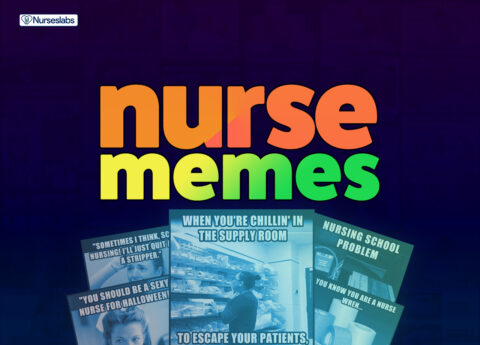


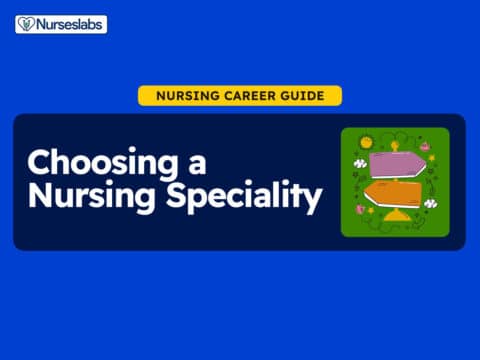


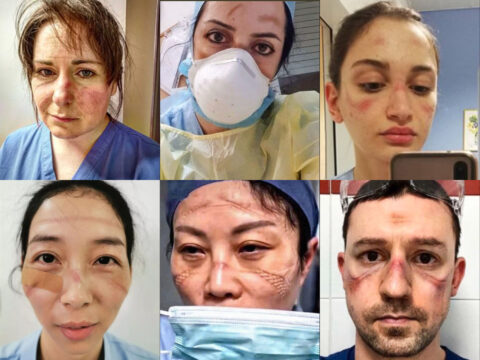
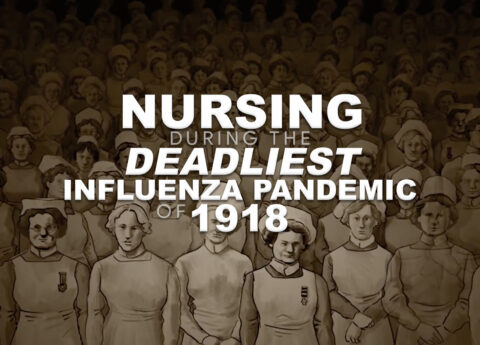



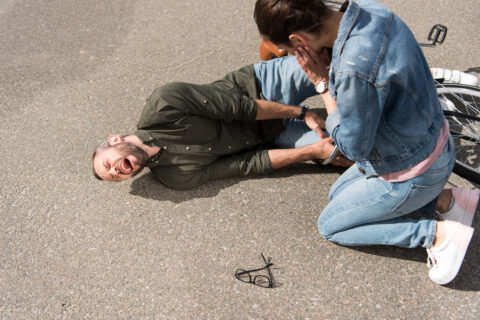



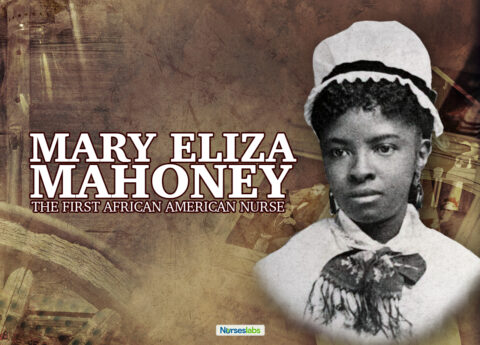













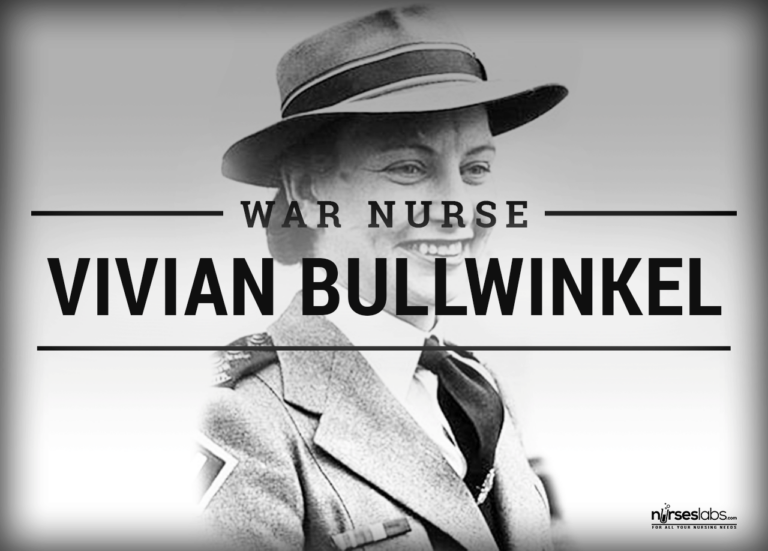





Leave a Comment